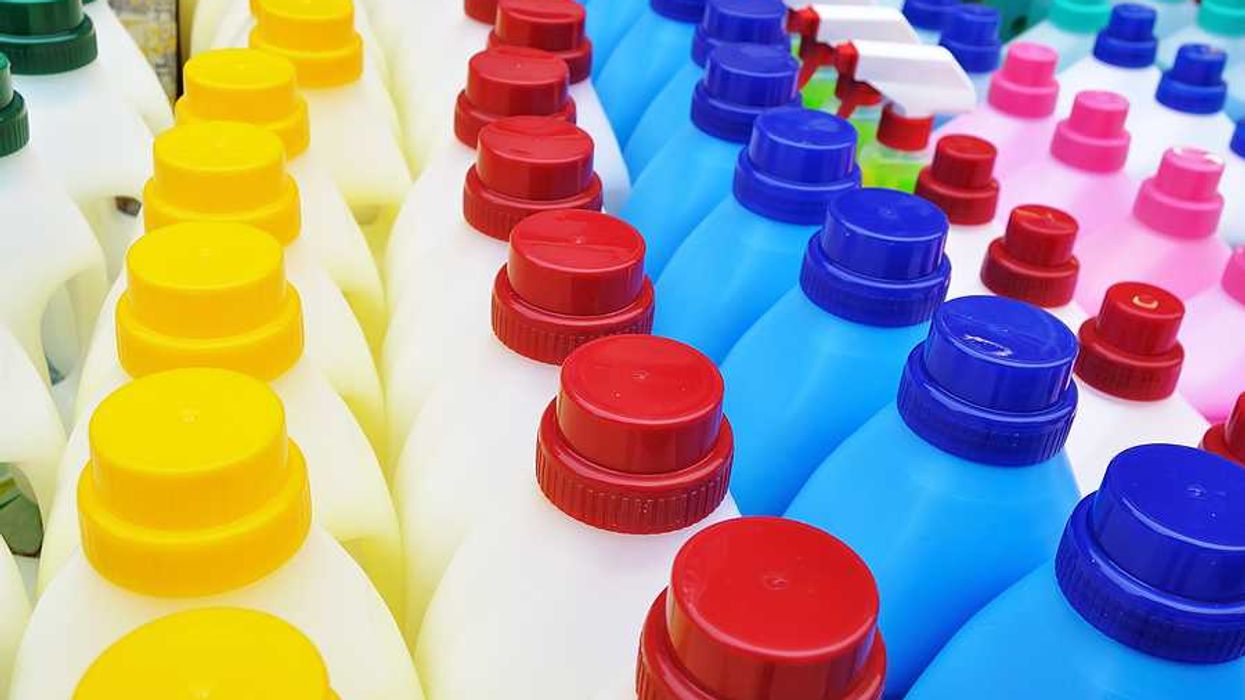Recent research using mouse models shows that bisphenol A (BPA), a common chemical in plastics, impairs uterine development during pregnancy and increases the risk of preeclampsia, a life-threatening condition.
Pamela Ferdinand reports for U.S. Right To Know.
In short:
- BPA, found in food packaging and consumer plastics, interferes with hormone regulation during pregnancy, impeding uterine development necessary for placental formation.
- The study identified BPA exposure as a trigger for preeclampsia-like symptoms in mice, including high blood pressure and smaller placentas and fetuses.
- Researchers warn that BPA and its substitutes (BPS, BPF) may pose long-term health risks, such as heart disease and diabetes, even in small doses.
Key quote:
“BPA, being an endocrine disruptor, exerts its impact on biological systems by disrupting or interfering with hormone metabolism, secretion, transport, and binding.”
— Study authors, Journal of Hazardous Materials
Why this matters:
Preeclampsia endangers both mothers and babies, and BPA exposure may amplify risks. This study is a wake-up call for how these chemicals might be quietly reshaping human health. And with plastics so pervasive, the question becomes: how do we break free?
Read more: BPA and babies: Controversial chemical and substitutes pollute the womb.














